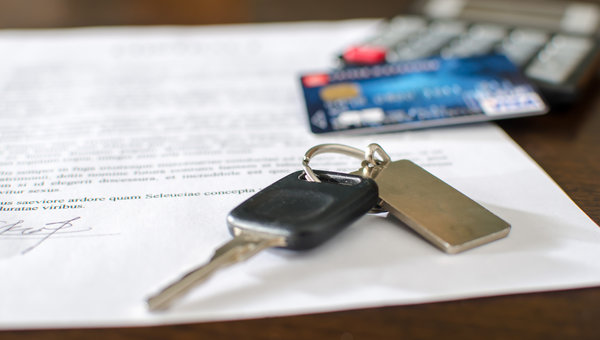Five Essential Tips for Purchasing a Used Car This Spring, Regardless of Credit Score
March 12 2024,

Spring is the perfect season for new beginnings, and purchasing a used car can be a significant part of that fresh start. Strickland Auto Mart provides valuable advice for those concerned about their credit scores affecting their car-buying journey. Here are five crucial tips to ensure your dream car becomes a reality this spring:
- Know Your Credit Rating: Begin by obtaining your credit score, as this will influence loan approvals and conditions. A higher score can lead to better financing terms.
- Verify Credit Accuracy: Ensure your credit report is free from errors. Discrepancies can lower your score unjustly, so correcting these can improve your financing options.
- Calculate a Comprehensive Budget: Look beyond monthly payments and consider total ownership costs, including fuel, insurance, and maintenance. This foresight helps in choosing a car that fits your financial reality.
- Consult with Financing Specialists: Strickland Auto Mart's experts can navigate through various financing solutions, offering plans tailored to your unique situation, including options for those with less-than-perfect credit.
- Consider a Deposit or Co-signer: Enhance your loan approval chances by making a significant deposit or having a co-signer. Both strategies reduce the lender's risk and can lead to more favorable loan terms.
Understanding Credit Scores: A Key Factor in Financing a Used Car
A credit score is a numerical representation of your creditworthiness, based on your credit history. It's essentially a snapshot of your financial behavior, including how timely you pay bills, the amount of debt you carry, and how long you've managed credit accounts. In Canada, credit scores range from 300 to 900, with higher scores indicating a better credit history and, consequently, a higher likelihood of being considered a low-risk borrower by lenders.
- 300 - 559: Considered poor, this range suggests significant difficulties in obtaining credit and unfavorable terms if credit is granted.
- 560 - 659: Falling into the fair range, borrowers might find credit approval challenging and, if approved, may face higher interest rates.
- 660 - 724: This good score range implies reliable borrowers, likely to receive competitive loan offers.
- 725 - 759: Very good scores indicate a strong financial position, with high chances of loan approval at favorable rates.
- 760 and above: Scores in the excellent range open the door to the best available loan terms, reflecting an outstanding credit history.
Your credit score impacts not only the likelihood of loan approval but also the terms and conditions of the loan, including interest rates. A higher score can save you thousands over the life of a loan by securing lower interest rates. Therefore, understanding your credit score is the first crucial step in the car-buying process. It helps you gauge where you stand and what steps you might need to take to improve your score or to realistically approach financing options for a used car purchase.
In summary, purchasing a used car with a less-than-ideal credit score is feasible with the right preparation and resources. Understanding your credit status, ensuring its accuracy, planning a realistic budget, leveraging expert financial guidance, and possibly making a deposit or securing a co-signer are all steps that can lead you to successful car ownership this spring. With support from Strickland Auto Mart, your credit score won't stand in the way of driving off in your ideal used car.



